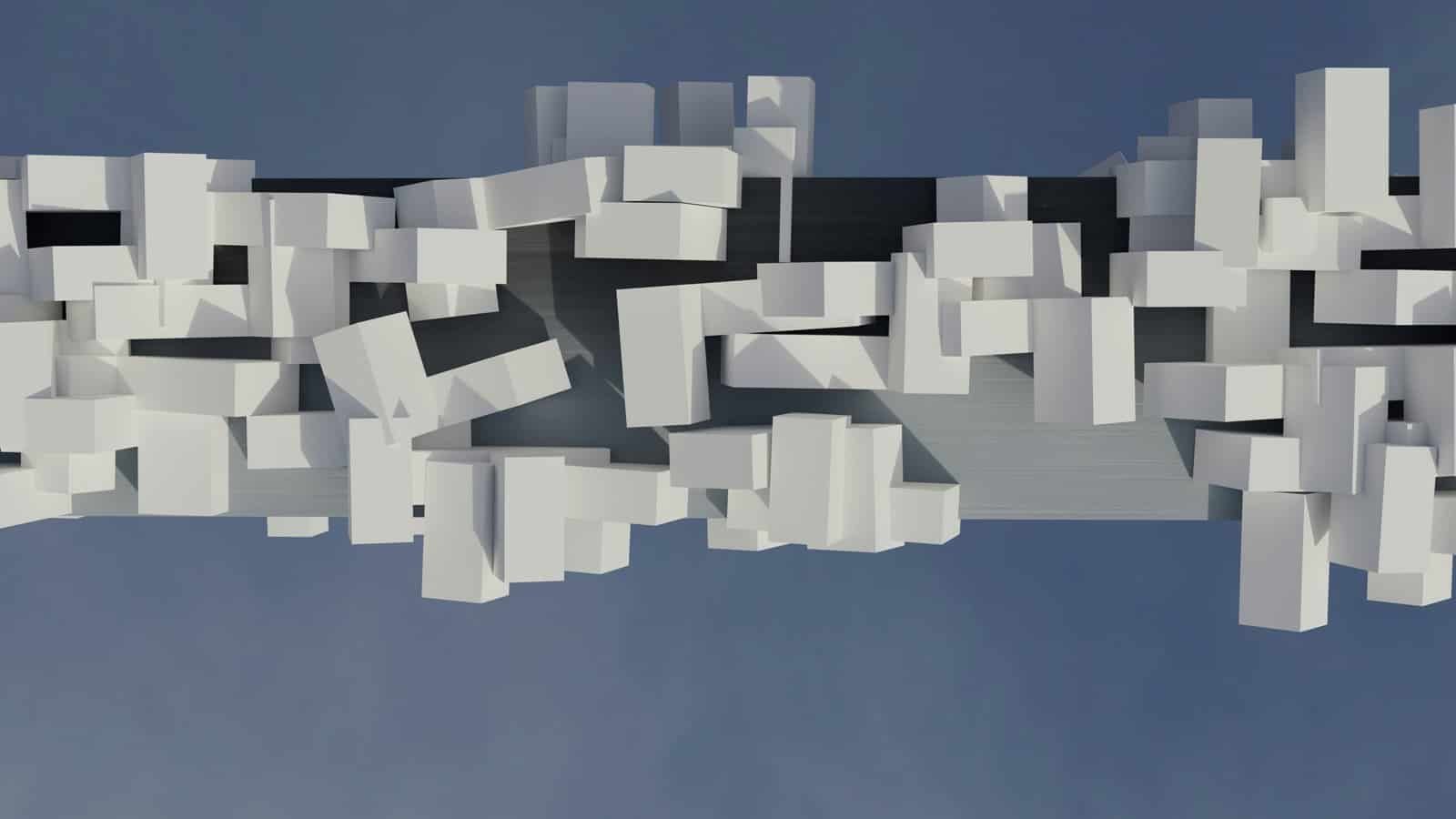Have you ever looked at your water well and wondered how you can keep it in pristine condition, free from pesky mineral buildup? Mineral buildup in wells can be a persistent challenge, resulting in reduced water flow and quality. Understanding how to prevent it helps ensure that you maintain access to clean and efficient water resources.
Understanding Mineral Buildup
Mineral buildup, often referred to as scaling, occurs when minerals naturally present in water precipitate and accumulate on the surfaces within your water system. These minerals, such as calcium and magnesium, are prevalent in hard water, contributing to the scaling problem over time.
Scaling can affect not only your water well but also plumbing systems, appliances, and fixtures, potentially causing significant damage if left unchecked. It’s essential to grasp why and how mineral scaling occurs so you can take preventive measures effectively.
The Science Behind Mineral Buildup
The science behind mineral buildup is relatively straightforward. As water passes through the geological formations surrounding your well, it dissolves minerals present in those formations. When this mineral-laden water reaches your well, it can leave deposits on equipment and pipe surfaces. Factors like temperature changes, water pressure, and pH can influence the rate and type of mineral deposition.
Hard water, characterized by a high concentration of calcium and magnesium ions, is the primary contributor to mineral scaling. While these minerals are not harmful to health, they can pose a nuisance by reducing water flow and efficiency and can also lead to costly repairs.

Identifying Signs of Mineral Buildup
Recognizing the signs of mineral buildup in its early stages is crucial to preventing more severe problems down the line. By being vigilant, you can address issues before they become unmanageable.
Reduced Water Flow
One of the most noticeable signs of mineral buildup is a reduction in water flow. If you observe a decreased water pressure in your faucets or a slow flow in your well system, it could indicate that mineral deposits are clogging the pipes or screens in your well.
Changes in Water Quality
Another indication of mineral buildup is a change in water quality. This could manifest as cloudy water or the presence of unusual tastes or odors. These changes are often due to dissolved minerals in the water, which might not all precipitate, making their presence known in undesirable ways.
Staining of Fixtures and Surfaces
If you’ve noticed unsightly stains or scale deposits on plumbing fixtures, appliances, or surfaces, this might be another red flag. These surface deposits are direct evidence of mineral buildup and can be particularly noticeable on faucets, showerheads, and even glassware if your home water supply is affected.

Methods to Prevent Mineral Buildup
Preventing mineral buildup in your water well primarily revolves around managing the factors that encourage the deposition of minerals. By implementing certain strategies, you can mitigate or even eliminate the occurrence of scaling.
Regular Maintenance
Regular maintenance is key to preventing mineral buildup. This includes scheduling periodic inspections and professional cleaning of your well and associated equipment. Keeping your well in good condition helps ensure it operates efficiently and reduces the risk of mineral deposits accumulating.
Checklist for Regular Well Maintenance
| Maintenance Task | Frequency |
|---|---|
| Inspecting well cap and seal | Annually |
| Checking for leaks in plumbing | Annually or as needed |
| Testing water quality | Annually |
| Cleaning pump and pipes | As recommended by professional |
| Checking for sediment build-up | As required |
Water Softening Systems
Installing a water softening system is another effective way to prevent mineral buildup. These systems work by removing calcium and magnesium ions from the water, generally through a process known as ion exchange, and replacing them with sodium or potassium ions. This reduces the water’s hardness, thereby minimizing the potential for scaling.
Types of Water Softeners
| Type | Description |
|---|---|
| Salt-based | Uses sodium or potassium to exchange ions and eliminate hardness |
| Salt-free | Uses a mechanical or chemical process to soften water without adding sodium |
| Magnetic | Changes the electromagnetic properties of minerals to reduce scaling risk |
pH Adjustment
Adjusting the pH of your water using pH balancing agents can also help reduce the risk of mineral scaling. By maintaining a balanced pH level, you can minimize the tendency for minerals to precipitate, thus preventing buildup.
Filters and Strainers
Incorporating filters and strainers into your water system can help trap larger particles and prevent them from contributing to mineral buildup. High-quality sediment filters are particularly useful in capturing particulates that might otherwise deposit over time.

When to Seek Professional Help
While many preventative measures can be implemented on your own, certain situations warrant the intervention of a professional. Recognizing when it’s time to call for help is essential to maintaining the integrity of your well system.
Persistent Issues Despite Measures
If you continue to experience issues with mineral buildup despite following preventative measures, it’s time to consult a professional. Persistent scaling could indicate underlying issues in your well system that need to be addressed.
Installation of Complex Systems
Suppose you’re considering installing a complex water softening system or other equipment. In that case, it’s advisable to have these installed by a professional to ensure they are set up correctly and functioning optimally.
Water Quality Testing
Carrying out water quality tests can be crucial in identifying specific minerals contributing to buildup. If you are unsure about how to test water quality or interpret the results, seeking help from a professional service can provide clarity and help tailor a solution suited to your unique circumstances.

Long-term Benefits of Preventing Mineral Buildup
Taking concerted steps to prevent mineral buildup in your water well offers numerous long-term benefits, making it a worthwhile endeavor for any well owner.
Enhanced Water Efficiency
By preventing mineral scaling, you can enhance the efficiency of your water system. This means better water flow, reduced energy costs, and prolonged lifespan for your well and related equipment.
Cost Savings
Addressing mineral buildup can prevent the costly repairs and replacements that follow significant scaling. A proactive approach not only saves you money in maintenance but can also improve the overall financial resilience of your water system.
Improved Water Quality
With decreased mineral buildup, your water quality is consistently better, providing health benefits as well as improving the taste and smell of your water. This is particularly important for tasks like cooking and bathing, where water quality makes a noticeable difference.

Conclusion
In navigating the challenges posed by mineral buildup in your water well, understanding the science, identifying the warning signs, and implementing preventive measures are your keys to success. By taking action to address this common issue, you ensure a clean, reliable, and efficient water supply. Whether through regular maintenance, the implementation of water treatment systems, or professional consultations, your efforts will yield meaningful benefits in maintaining your well’s health.
Ultimately, the proactive steps you take today to prevent mineral buildup will ensure that your water well remains a valuable, long-lasting resource for you and your household.
